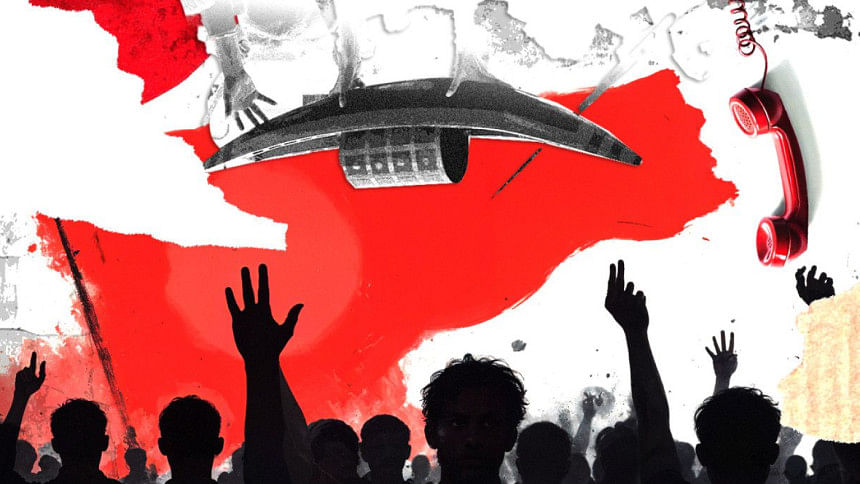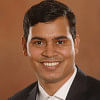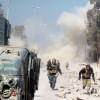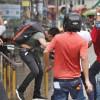Why Bangladesh needs de-Awamification

When fascism falls, its institutions may crumble, but its ghosts linger. Bangladesh, after the end of Sheikh Hasina's autocratic regime, faces not only the challenge of rebuilding democratic structures but also of purging a toxic political culture—a process I call "de-Awamification," borrowing from the post-World War II "de-Nazification" of Germany.
For over a decade, Bangladesh has lived under an increasingly authoritarian system where fascist slogans, intimidation tactics, and ideological absolutism were normalised, especially through cultural tools like slogans. These slogans, often chanted at political rallies, became expressions of deep intolerance and were used to dehumanise dissenters. "X-er chamra tule nebo amra" (We will skin them alive), "X-er Banglay, Y-er thai nai" (In X's Bangladesh, there's no room for Y), or the chilling "Jalo re jalo, agun jalo" (Light the fire, burn it all), "Ei muhurtey Bangla char" (Leave Bangla right now), "Dhoira dhoira jobai kor" (Catch and slaughter one by one): these are not mere words. They are weapons, as dangerous as batons and bullets, used to shape a political environment rooted in fear, violence, and exclusion.
This culture did not end with the fall of the regime. Alarmingly, some groups who opposed the fascist state have now adopted the very language of their oppressors. Mobs calling for the "slaughter" of political rivals, or threatening to banish ideological opponents from the country, mirror the same authoritarian mindset they once resisted. This is not democratisation; this is replication.
The idea of de-Awamification is not about banning a party or erasing a political identity. It is about dismantling the fascist cultural apparatus that the Awami League normalised, starting with the language of violence. Like Germany's post-Nazi transition, this requires a conscious, state-led programme of re-education. After 1945, Germany banned Nazi symbols, outlawed hate slogans, and initiated civic education programmes to teach democratic values. Bangladesh must follow suit.
Some might argue that slogans are just rhetoric, exaggerated for effect. But social psychology research tells a different story. Repeated exposure to hate speech and violent rhetoric desensitise individuals, embed extremism in public discourse, and even manifest in physical and psychological harm. Studies show that hate slogans can increase aggression, anxiety, blood pressure, and ultimately fracture the very social fabric of a nation.
Moreover, such slogans sabotage any attempt at pluralism. They make politics a zero-sum game, in which there is no room for coexistence—only conquest. In such an ecosystem, the judiciary becomes irrelevant, public trust collapses, and political competition devolves into tribal warfare.
What Bangladesh needs now is a cultural detox. The media, political parties, educational institutions, and civil society must lead this transformation. Banning violent slogans should be a starting point, not an end. Schools should teach the importance of dissent and democratic values. Political leaders must publicly commit to non-violent language, and party training materials must include modules on ethical campaigning and speech.
Let us be clear: the fall of fascism does not automatically bring democracy. To build a truly pluralistic Bangladesh, we must not only remove the autocrats from power; we must remove the autocrat from within us.
De-Awamification is the moral and cultural surgery needed to excise fascism's remains from our language, our politics, and our minds. Only then can we begin the work of healing and rebuilding.
Dr Sibbir Ahmad is a postdoctoral fellow at the University of Virginia and president of Socchar: Torture Watchdog Bangladesh. He can be reached at [email protected].
Views expressed in this article are the author's own.
Follow The Daily Star Opinion on Facebook for the latest opinions, commentaries and analyses by experts and professionals. To contribute your article or letter to The Daily Star Opinion, see our guidelines for submission.

 For all latest news, follow The Daily Star's Google News channel.
For all latest news, follow The Daily Star's Google News channel. 










Comments